Are you confused about why men would pretend to be women online? This phenomenon has plagued the internet for many years, and it is finally time to unmask the mystery behind it, in this article, we also have another article about catfishing people online here.
Men often pretend to be women online for several reasons, In the vast world of online interactions, identity can be anything we want it to be. But what drives some men to masquerade as women? While curiosity and escapism might explain some cases, there’s a darker truth: many men use fake female profiles to prey on unsuspecting men, tricking them into sharing explicit images or videos.

One of my past experiences
I was in a chat room once, talking with someone who seemed like a woman, and she gave me her phone number. I know that when someone offers their number right away, it’s usually a red flag, but I decided to add the contact any way I’m not too afraid of adding people. Back then, Instagram had a feature where, when you added a contact, it would show you if they had a profile linked to that phone number.
Sure enough, a profile popped up, but it wasn’t a woman. It was a guy. He had all the flags in his bio LGBTQ+ rights, anti-bullying, and so on. What frustrated me was that, despite standing up for those causes, he was on a chat site pretending to be a woman and catfishing me.
When I called him out and said, “I know you’re a guy,” he simply replied with, “F*** O**” and blocked me.
This kind of thing happens all the time, and I’m sure most people don’t even realize they’re being catfished by men pretending to be women. The main reason it continues is because there are no real consequences for this behaviour.
Although this kind of deception is technically a crime and can be reported, the reality is that police often don’t have the time to chase down these offenders. Unfortunately, these incidents are happening to men, women, and even children across the internet, and something needs to be done.
Why Men Pretend to Be Women Online: Unmasking the Dark Reality
The harsh reality is that many men aren’t just seeking attention or curiosity when they create fake female profiles they’re often looking for ways to satisfy their sexual desires.
By masquerading as women you can talk to lots of straight guys, they lure unsuspecting men into explicit conversations, coaxing them into sharing intimate photos or videos.
For these catfishers, the goal is often personal gratification, using the trust they’ve built under the guise of a female persona to manipulate others.
In some cases, once they’ve collected this material, it’s used for blackmail or shared without consent, turning what began as an invasion of privacy into an act of sexual exploitation.
What Is “Pretending to be a Woman Online”?
Pretending to be a woman online is when a man chooses female avatars and alter-egos, and then assumes the persona of that made-up online character in various online spaces. It can manifest as an act of escapism into different worlds or as an attempt to explore alternate gender identities. Yet on the other hand, it can also be a form of deception meant to manipulate, conceal identities, and engage in non-consensual behaviour. Many people find this objectionable and have proclaimed that pretending to be a woman online is unethical and should not be allowed.

On one side of the debate are those who see no harm in going undercover by assuming a female or non-binary identity online. They argue that there is nothing wrong with role-playing as long as it does not involve any illegal or malicious activities. For example, some men may use a female avatar for gaming or to go incognito on social media networks without hurting anyone. In addition, those who advocate creating alternate avatars often point out that it allows people to express aspects of themselves they might not feel comfortable sharing publicly under their real identities.
On the other hand, there is growing concern over how pretending to be someone else damages trust in online communities, contributes to privacy violations, and undermines gender equality. For instance, if a man pretends to be a woman in order to take advantage of someone else’s vulnerability or access resources meant only for women, such acts are not only considered deceptive but morally wrong. In addition, some critics say that pretending to be a woman online can increase hostility towards women by normalising male behaviour that is degrading and offensive towards women.
Given these two perspectives, it is clear that exploring the motivations behind why men pretend to be women online requires further examination. Such research will help us gain deeper insights into this controversial phenomenon and inform us about potential strategies for addressing it more effectively. To better understand why this occurs, our next section will focus on the main reasons why men choose to pretend to be women online.
- A 2016 study found that 7% of the sample studied (750 participants) had pretended to someone they were female when communicating online.
- An additional study conducted in 2017 revealed that 8.6% of male respondents had pretended to be a woman at least once for social reasons.
- Another survey conducted in 2018 showed that 15% of male participants had lied about their identity online by pretending to be a female.
The numbers will be even higher now,
Other Reasons Why Men Pretend to Be Women Online
When exploring the reasons why men often pretend to be women online, several explanations come to light. Men may do this to explore a different gender identity, experience what it’s like to be female in an online environment or express themselves more freely. While there is an ongoing debate about why men adopt female avatars, the reasons outlined below offer some insight into this behaviour.
1. Attention and Validation
Many men who pose as females online claim they enjoy the attention and freedom that comes with being viewed as a woman. By inhabiting a female persona, they may receive compliments on their looks or personality, gaining attention that may be harder to come by in their everyday lives. As Van Olphen mentioned in The Huffington Post, men sometimes turn to female avatars as an “escape hatch” from their reality, seeking male attention and affirmation.

2. To Scam you for Cash
To scam people and get money out of you, some girls go online and say they have hit hard times, or they will say they need money for cash or various items, so that a guy will pay for them, some girls will try to sell images of themselves, but they are just pictures they downloaded from the internet, to see you and pretend the images are theirs, dont fall for sob stories from gals, some of them are guys scamming you for cash.
3. Escaping Gender Roles
Some men use a female persona to escape the pressures and expectations of their gender roles. Researcher Elizabeth Behm-Morawitz has noted that men who take on a female identity online often have more freedom to express emotions or engage in activities deemed feminine freedoms they might not feel comfortable exploring under their male identity. This suggests that adopting a false female persona can be a way for men to enjoy these experiences without fear of judgment from their real-world peers.
4. Security and Anonymity
Another key factor is the sense of security and anonymity that comes with an altered identity. Pretending to be someone else allows users to feel safe while navigating online spaces, giving them a layer of protection that encourages more experimental or uninhibited behaviour.
While there’s no single answer to why men pretend to be women online, it’s clear this phenomenon is common in certain online communities. By examining both sides of the debate, we can better understand why these behaviours emerge, even if the issue remains complex.
Next, we’ll explore how the anonymity that comes with false identities contributes to this behaviour, and how it provides users with a sense of security while they engage online.
I have written more about catfishing here.
How Can Pretending to Be a Woman Online Be Addressed?
Men pretending to be women online for the purpose of soliciting sexual content from others is a serious issue with significant legal implications. This behaviour can constitute several offences, depending on the jurisdiction and specific circumstances:
- Fraud and Deception: When someone assumes a false identity to coerce or trick another individual into sending explicit photos or videos, it is a form of fraud. The deception is used to exploit the trust of the victim, which can lead to criminal charges for fraudulent misrepresentation.
- Sexual Exploitation and Blackmail: If the images or videos obtained through deception are then used for extortion or blackmail (e.g., threatening to distribute the material unless further demands are met), this constitutes a criminal offence. Blackmail and extortion carry significant legal penalties in many countries, including imprisonment.
- Non-consensual Sharing of Intimate Images (Revenge Porn): If the explicit content obtained through deceit is shared without the victim’s consent, this can violate revenge porn laws, which are now present in many countries, including the UK and the US. Sharing intimate images without permission is illegal and can lead to criminal charges, hefty fines, and imprisonment.
- Data Protection and Privacy Laws: Obtaining explicit images or videos under false pretences may also breach privacy and data protection laws. Victims may have legal recourse under civil law for damages related to privacy violations, including emotional distress or reputational harm.
- Catfishing and Misrepresentation: While “catfishing” itself may not be a criminal offence, the consequences of the behaviour (such as exploitation, harassment, or blackmail) can lead to criminal liability. Many countries are considering or have already enacted laws to address the manipulation that occurs under false identities online.
It’s pretty difficult to stop this kind of thing online however a change in the law is the best way and enhanced verification on social media or chat sites.
Answers to Commonly Asked Questions
How can people spot fake female accounts?
Look for overly perfect photos, repeated images, and strange grammar. Few friends, long delays, or robotic replies are red flags. Use reverse image search to check for fake profiles.
What factors could be motivating men to pretend to be women online?
They do it for attention, to explore different identities, or to express themselves more freely without judgment.
What negative consequences can this behaviour lead to?
It damages trust and can lead to scams, harassment, or dangerous situations. Pretending to be someone else may result in account suspensions and is illegal when used to exploit people’s privacy by obtaining images or videos through deception.
What are the implications of pretending to be someone else for the solicitation of images and videos from unsuspecting users?
This is a very serious problem, with people using fake people to steal people’s images or videos, even making them do sexual acts for them while pretending to be someone else. This is currently a civil offence in the UK but catfishing is next on the list for the UK law to crack down on as it is now an epidemic.
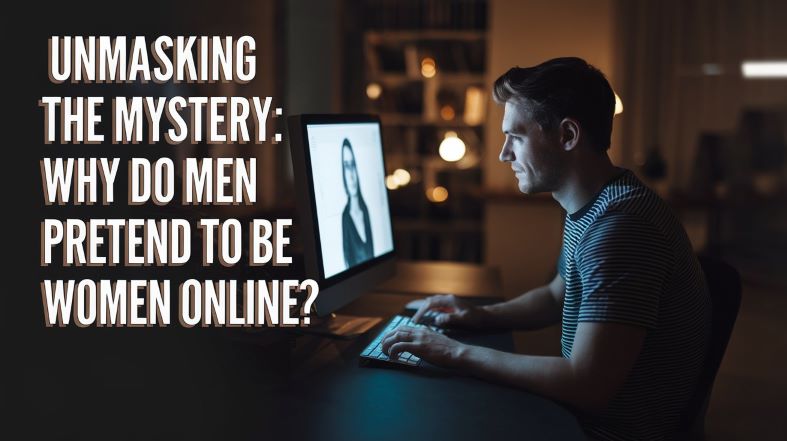


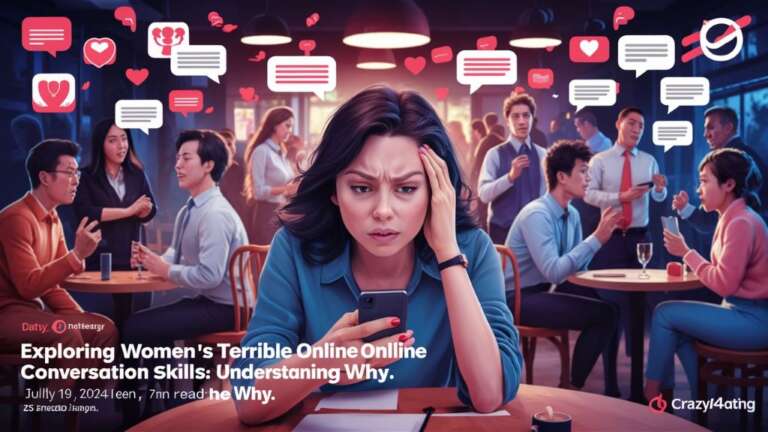
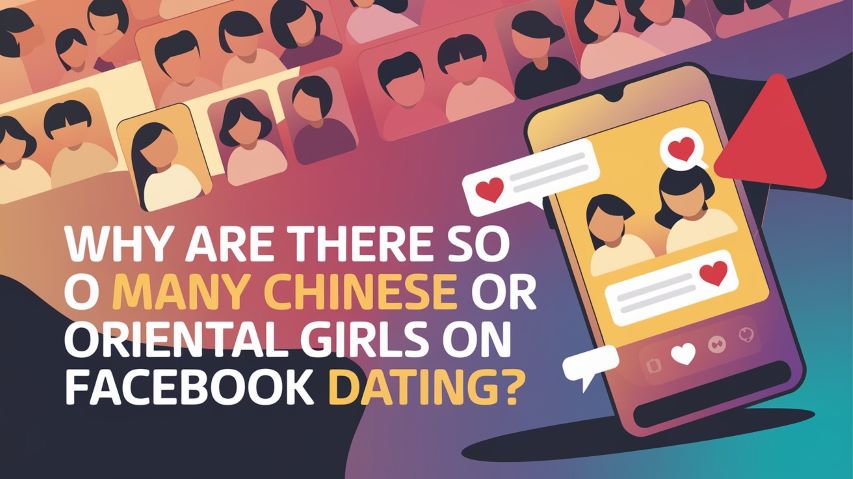
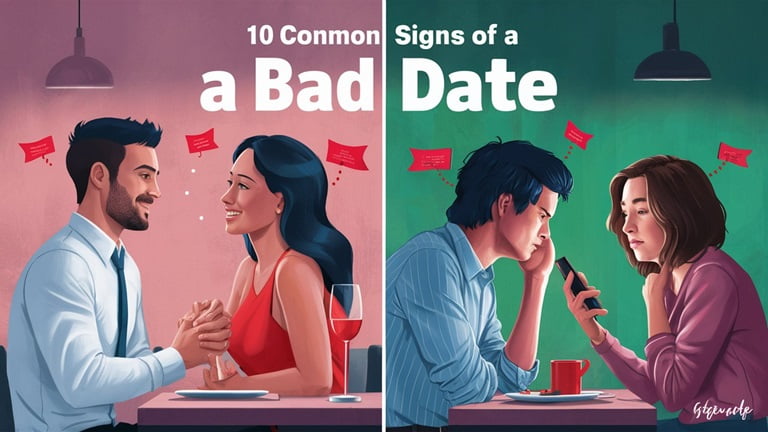
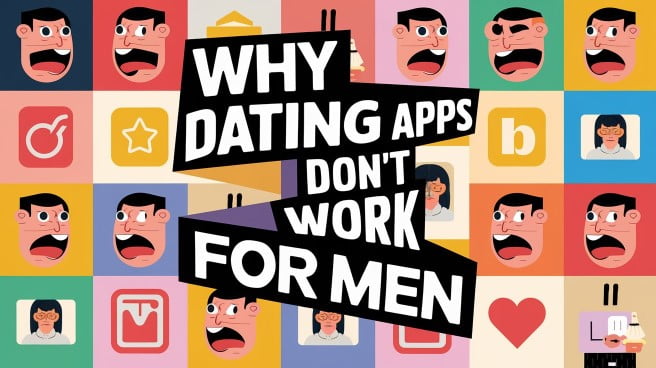


Leave a Comment